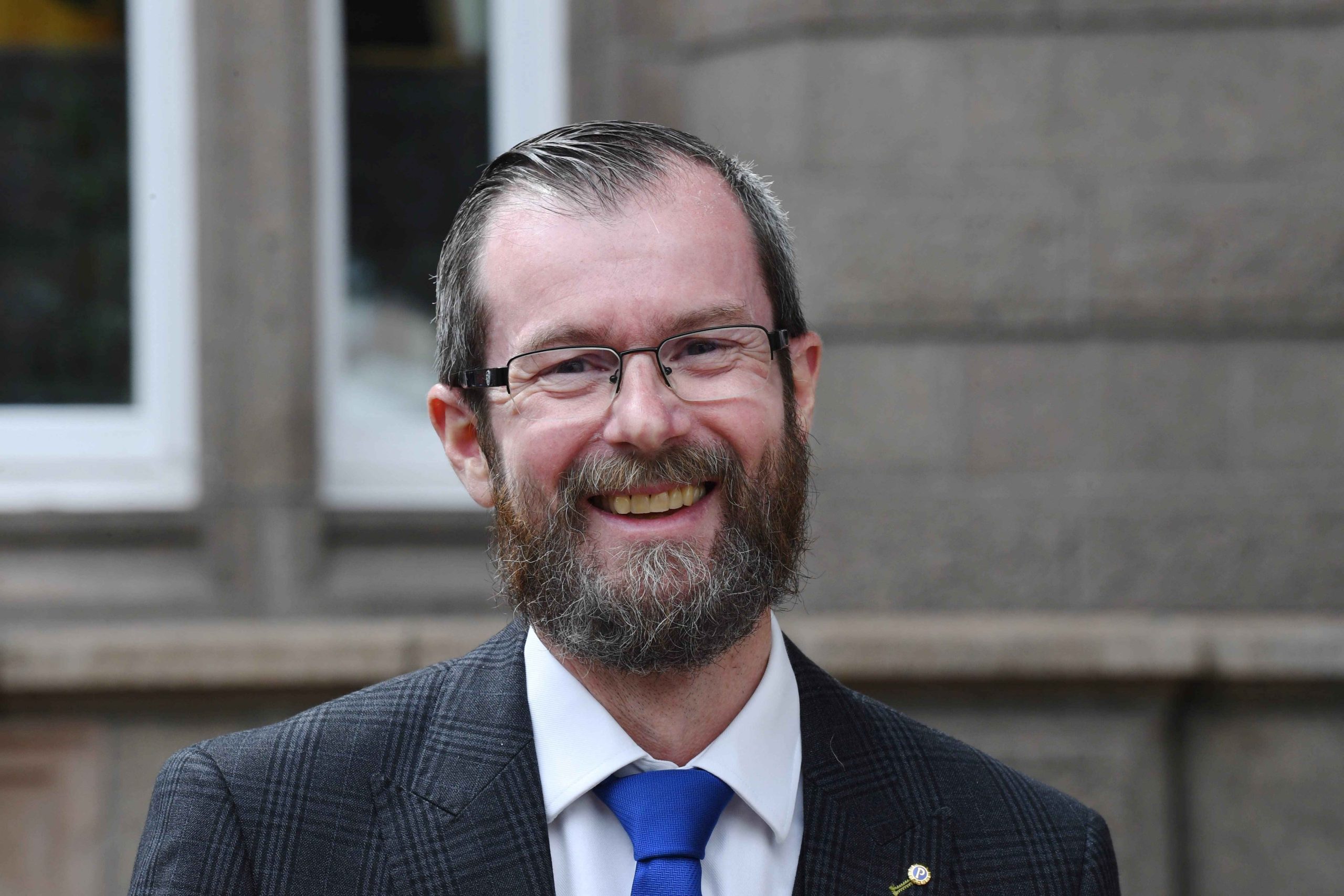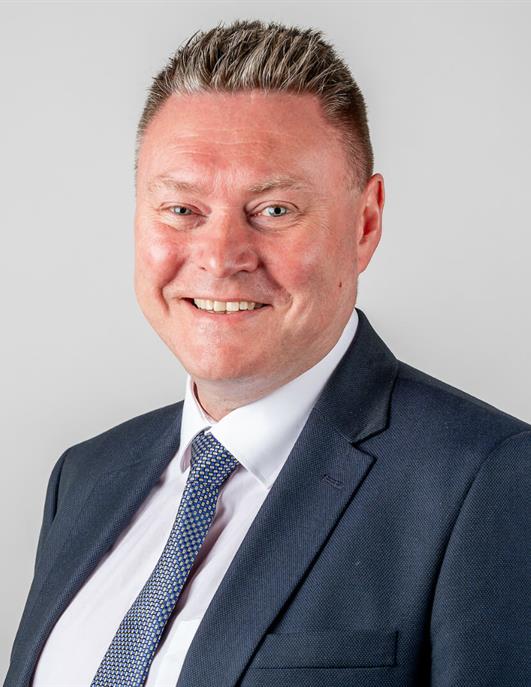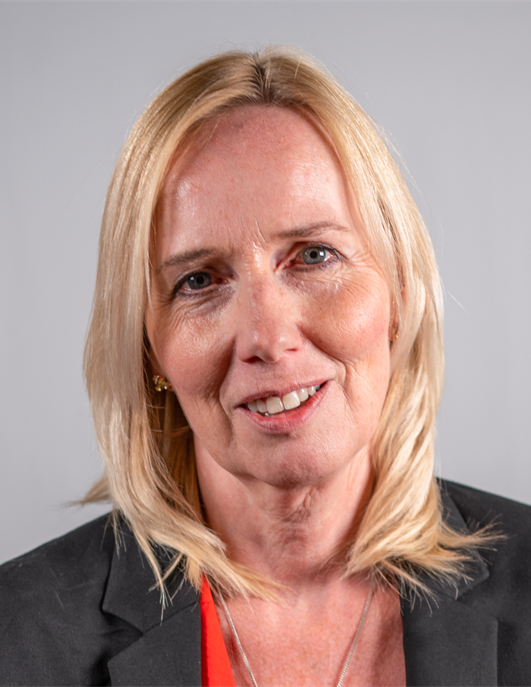


Complaints from islanders have prompted the island's political behaviour watchdog to issue a reminder to States Members about their obligations in being as accessible and helpful as possible to the public... so how seriously do they take the duty? And what could be done better?
There’s perhaps no profession more intrinsically linked to the public than the role of a politician.
They stand in our place to choose the future of our island and make important decisions on our behalf. Their job is to listen to the concerns of the community and mould legislation based on our best interests, as well as responding to the problems and concerns of constituents with facing policy or Government-linked issues.
But, the pan-island Commissioner for Standards, doesn't think politicians are doing well enough.
Following "a number of complaints" from the public about their struggles getting in touch, Dr Melissa McCullough went so far as to publish an official note, reminding States Members of their obligations to the public.
"Ensuring open and accessible communication is key to serving the community effectively and to gaining their trust," she noted, going on to emphasise that communication should happen across all platforms and that States Members ought to be "particularly attentive" to those who may face additional levels of difficulty.
The Commissioner said the barriers could be caused by financial problems, insecurity over housing or learning difficulties, which made it difficult to communicate.
She said: “Left unaddressed, this can undermine equality, diversity and inclusion principles, and the respect and courtesy expected by the public from Members."
To understand how much priority States Members put on engaging with the public following election, Express decided to reach out to each and every one of them – in this instance, via email.
All our elected officials have designated email addresses that are publicly available on the States Members page, and can be contacted individually or through an ‘all-Members’ form. Express did the latter, asking all 49:
Within the 72-hour window, 14 politicians – just under a third – had replied, including the Chief Minister. Here's what they had to say...
The general consensus was that communicating with constituents is an essential part of the job, with Deputy David Warr first off the mark.
"It is very important," he said. "People get really annoyed by politicians who ignore them...but constituents engage when they feel their voice is being heard."

Pictured: Deputy David Warr.
Next to respond was Deputy Max Andrews, who described communication with the public as "crucial".
"There will always be people in need, and as a constituent Deputy, I am always dealing with cases," he said.
"I read all the emails I receive."
Deputies Catherine Curtis and Malcolm Ferey both said that responding to questions was "very important" because they were elected to "represent" and "listen to" public concerns.

Pictured: Chief Minister, Deputy Lyndon Farnham.
Chief Minister Lyndon Farnham echoed the need to communicate directly with members of the public in order to understand and address issues affecting them.
Deputy Elaine Millar said: "It's really important – it's always good to hear what people think and any concerns they have.
"People usually do really appreciate it when they receive a reply."
Deputy Lucy Stephenson said: "Engaging with the public and being open and accessible is a huge and important part of the role of a States Member and one I take very seriously.
"I also happen to think it is one of the most interesting and enjoyable parts of the job."

Pictured: Deputy Lucy Stephenson.
Meanwhile, Deputy Barbara Ward said: "Engaging with parishioners and islanders is a vital part of the role as a Deputy and as a representative on their behalf. It’s about listening to their views."
Deputy Hillary Jeune said: "Participatory democracy is so important to me".
However, several States Members admitted that responding to public emails takes up a significant portion of their time – with correspondence being particularly high during controversial debates.
St Brelade Constable Mike Jackson said: "I can’t say that I keep a time sheet but simply respond the best I can to questions or queries when they arise... One-to-one conversations take place regularly, people just need to call, e-mail or arrange a time with the office."
Deputy Ferey estimated that he spends around 50% of his time responding to emails, phone calls, and letters.

Pictured: Deputy Malcolm Ferey estimated that he spends around 50% of his time responding to emails, phone calls, and letters.
Deputy Moz Scott suggested that this task consumed about 25-30% of her working hours, and Deputy Barbara Ward said she spends around 10 hours a week replying to emails from the public.
Deputy Rob Ward said: "It varies enormously... I try to allocate time on Mondays and Fridays to catch up on this area. I also often use time at weekends."
Deputy Catherine Curtis said: "As a Scrutiny Chair, as well as being on other panels, I have a huge amount of reading to get through."

Pictured: Deputy Rob Ward.
Former Chief Minister Deputy Kristina Moore highlighted the challenge of balancing correspondence with other responsibilities, especially for those in government roles.
"It is particularly difficult when in government roles to keep up with the email traffic along with the busy diary of back-to-back meetings," she said.
Former Senator and current St Clement Deputy Sir Philip Bailhache said it was "difficult to assess" how much time he took, but estimated "about one day a week".
Interestingly, he noted: "...At least half of the members of the public that I see do not come from the parish that I represent.
"In other words, the new districts seem to encourage people to treat deputies as quasi-Senators."
Deputy Stephenson enough islanders not to be disheartened if they don’t receive a reply – and to be persistent yet respectful in their attempts to get an answer.
She said: “I always appreciate a polite reminder or a nudge as we're all human and can miss or forget things from time to time, especially in the midst of a busy day or week.”

Pictured: Deputy Catherine Curtis.
The influx of emails during controversial debates, such as the assisted dying discussion, posed significant challenges for many members.
Deputies Elaine Millar, Helen Miles, David Warr, Catherine Curtis, and Malcolm Ferey all mentioned the high volumes of correspondence during this time.
While making efforts to read all correspondence received, some politicians suggested that more administrative support is needed to improve engagement with the public.
"I would personally like to see constituency offices with trained staff," said Deputy Ward.
Deputy Hillary Jeune said that backbench politicians "need extra support", as Ministers have staff to help prepare emails.
Deputy Moore added: "It is impossible to achieve every element of the job to the standard that we would wish to."
Several States Members, such as Deputies Curtis and Moore, said they hold regular parish surgeries to give people an opportunity to meet them and discuss matters of concern.
Others said that they try to be available via email, phone, public events and social media channels.
Deputy Farnham said: "Our contact details are readily available and many people contact me by phone, or social media which is always welcome."
Pictured: "Politicians need to modernise in terms of how they engage especially with social media," said Deputy Max Andrews.
Deputy Stephenson said: "Nowadays many are more comfortable sending WhatsApp or Facebook messages than attending surgeries, so I have all those options."
However, Deputy Max Andrews noted: "Politicians need to modernise in terms of how they engage especially with social media, you can increase and connect more."
Deputy Hilary Jeune said she was trying to "work out how to get more engagement" and "would be interested to hear whether the public would want more door-knocking".
In case you're interested, here's how quick each politician was to reply...
Email sent: Monday 17 June at 10:00
Deputy David Warr (St Helier): Monday 17 June 10:34
Deputy Max Andrews (St Helier): Monday 17 June 10:47
Deputy Malcolm Ferey (St Saviour): Monday 17 June 10:57
Education Minister Deputy Rob Ward (St Helier): Monday 17 June 11:09
Deputy Catherine Curtis (St Helier): Monday 17 June 12:25
Constable Mike Jackson (St Brelade): Monday 17 June 14:12
Deputy Elaine Millar (St John, St Lawrence, Trinity): Monday 17 June 21:50
Deputy Sir Philip Bailhache (St Clement): Monday 17 June 22:55
Deputy Hilary Jeune (St John, St Lawrence, Trinity): Tuesday 18 June 11:51
Deputy Moz Scott (St Brelade): Wednesday 19 June 08:27
Deputy Lucy Stephenson (St Mary, St Peter, St Ouen): Wednesday 19 June 11:17
Former Chief Minister Deputy Kristina Moore (St Mary, St Peter, St Ouen): Wednesday 19 June 13:28
Chief Minister Deputy Lyndon Farnham (St Mary, St Peter, St Ouen): Wednesday 19 June 16:09
Deputy Helen Miles (St Brelade): Wednesday 19 June 20:14
Deputy Barbara Ward (St Clement): Thursday 20 June 18:56
HAVE YOUR SAY...
What has been your experience in trying to communicate with elected politicians? Do you feel they are accessible and responsive enough? Are there any concerns you've raised that have fallen on deaf ears?
If you feel you have struggled to get your voice heard, please email editor@bailiwickexpress.com.
Comments
Comments on this story express the views of the commentator only, not Bailiwick Publishing. We are unable to guarantee the accuracy of any of those comments.